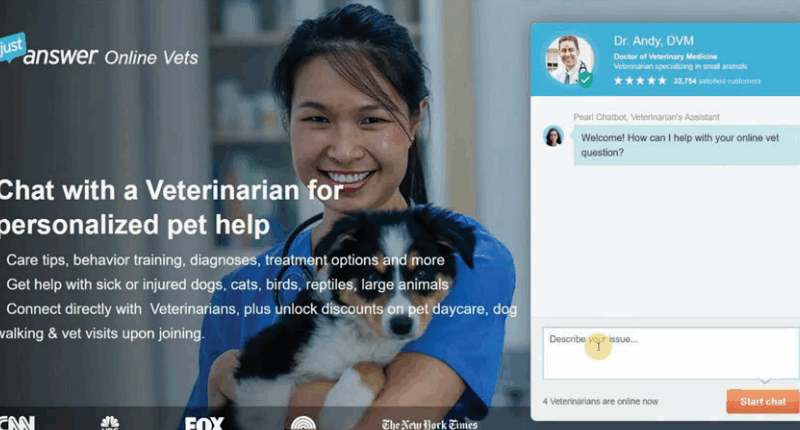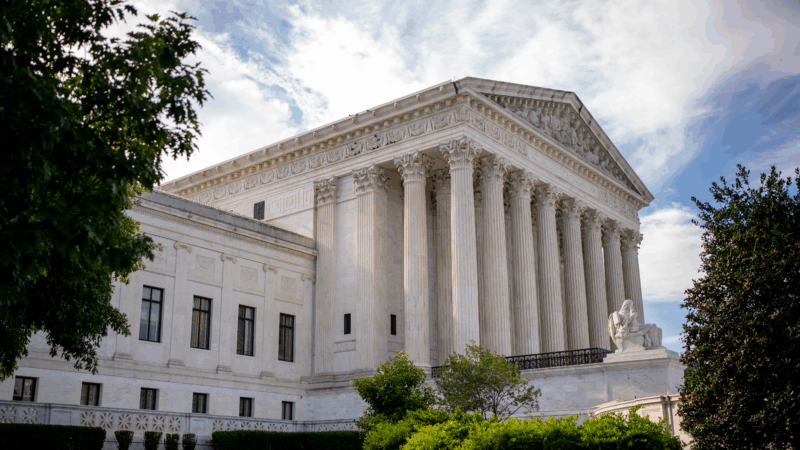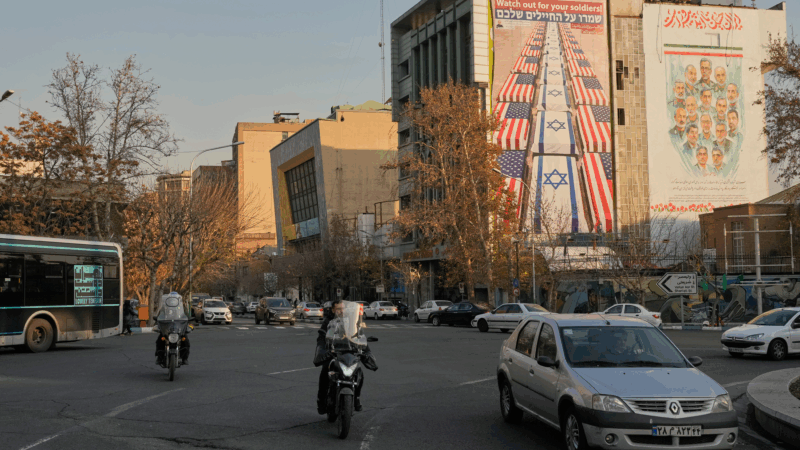Charter Schools 101
A bill to authorize charter schools in Alabama is dead in the state legislature, but don’t expect the debate to die down anytime soon. President Obama is pushing charter schools, and several of the gubernatorial candidates say they support the idea as well. But just what is a charter school? They’ve been around for more than a decade in some other states, but here in Alabama there seems to be a lot of confusion.
Birmingham residents Cassandra Walker and Tracy Caldwell aren’t alone. So, for the first installment on our weeklong series on Charter Schools, we asked esteemed professor Les Lovoy to explain the ABCs of charter schools.
Welcome to Charter School 101. Helping me in the classroom today are Robin Lake, associate director of the Center on Reinventing Public Education at the University of Washington; Joe Morton, Superintendent of Schools in Alabama; and Dr. Michael Froning, recently retired dean of the UAB School of Education.
Let’s get started by explaining what is a charter school. The first charter school opened in St. Paul, Minnesota nearly 20 years ago. Today more than 5,000 charter schools serve more than 1.5 million children in 40 states, plus the District of Columbia. A charter school is a public school that operates independently of a local school board. Educators, parents, community leaders, educational entrepreneurs or others write the charter plan describing the school’s guiding principles. Charter schools are different from traditional schools in many ways, right Ms. Lake?
“So, the idea is that the school is free from some rules and regulations that normally apply to public schools, and might have more control over its staff, and its funding and educational program. And, in return for that freedom it has to be accountable for results.
If a school doesn’t live up to its charter, it can be shut down. Ms. Lake, you say charter schools have certain freedoms public schools don’t. Of course they have to adhere to the same major laws and regulations as all other public schools. Things like civil rights laws. But what do you mean when you say by they have more freedom?
“There’s actually some charter schools that are set up just for special needs kids.”
So it could be kids with special educational needs, like an emphasis on writing or math. Or it could be magnet programs for kids who are gifted in the sciences or arts. There can also be charter schools set up specifically to meet the needs of high school drop-outs, right Mr. Morton?
“Maybe they’re already working part time, so they come to school part-time, work part-time. So, a lot of those barriers are broken down by having a charter school.
Ok. Let’s put a few of these points on the board. Charter schools canould pick their own hours of operation. They can use their money as they see fit, not how a school district tells them they have to use it. They can choose their own textbooks and other education materials instead of being required to use the state-approved books. I see.
All students would get a shot at attending a charter school. If more students volunteer to attend one than available seats, no one gets preferential treatment, right. Dr. Morton?.
“Say, there was a school started in Birmingham, and they were going to have 200 students and 500 applied. Then, by law, they have to put all of the names in a hat and draw them out. That’s just the way it is. And, it couldn’t be any fairer.”
(Dr. Froning) “What happens to the kids who don’t make the lottery? Their numbers don’t come up.”
Dr. Froning, you’ve got something to add?
“So, are they so called “stuck” in the regular public schools, because they weren’t lucky enough to be chosen to go to a charter school? I think that sends the wrong message.”
What about funding charter schools? Where do charter schools they get their money? When a child goes to leaves for a charter school the money follows that child, right Dr. Morton?
“The bill is written such that it said the state money and federal money would follow the child. The local board of education can decide to give the charter school local tax dollars, or not.”
Of course all of this is very controversial. Proponents say charter school foster innovation and accountability. They say if parents can choose which school they want their kid to attend it promotes healthy competition between the schools. But critics say charter schools drain much needed money from traditional public schools.
FTC accuses AI search engine of ‘rampant consumer deception’
Federal officials say a company that operates hundreds of landing pages for AI answers is running an operation that has duped thousands of users, who were unable to stop costly monthly charges.
Supreme Court appears likely to uphold state bans on transgender athletes
To date, 27 states have enacted laws barring transgender participation in sports.
Scott Adams, the controversial cartoonist behind ‘Dilbert,’ dies at 68
Adams announced in May that he was dying of metastatic prostate cancer. Thousands of newspapers carried his strip satirizing office culture from the '90s until a controversy in 2023.
As Iran’s protests continue, Israelis and Palestinians watch closely
There is broad support for the protests among Israeli officials, but Palestinians say they hope the Iranian regime stays in place and the protests die down soon.
The EPA is changing how it considers the costs and benefits of air pollution rules
The EPA won't consider the economic costs of harms to human health, at least for now. Legal and health experts are concerned that the change could make it easier for the agency to roll back rules.
California fire victims say fighting with insurance companies has delayed rebuilding
Wildfires last January destroyed communities around Los Angeles. Homeowners say recovery has been slowed by fights with insurers to get their claims paid.







